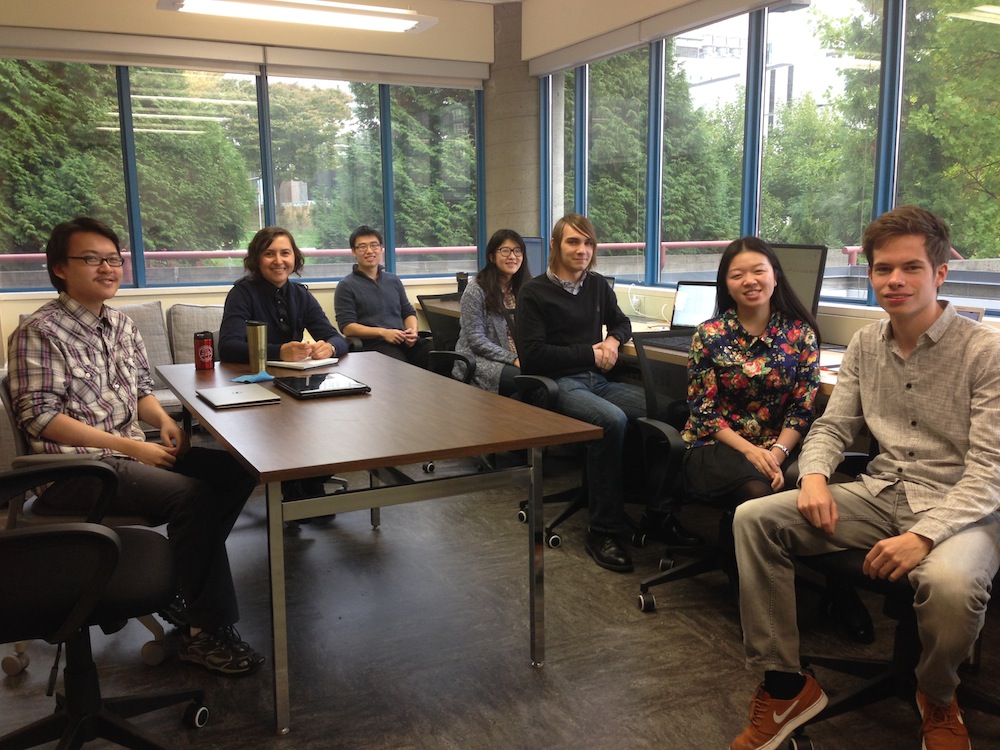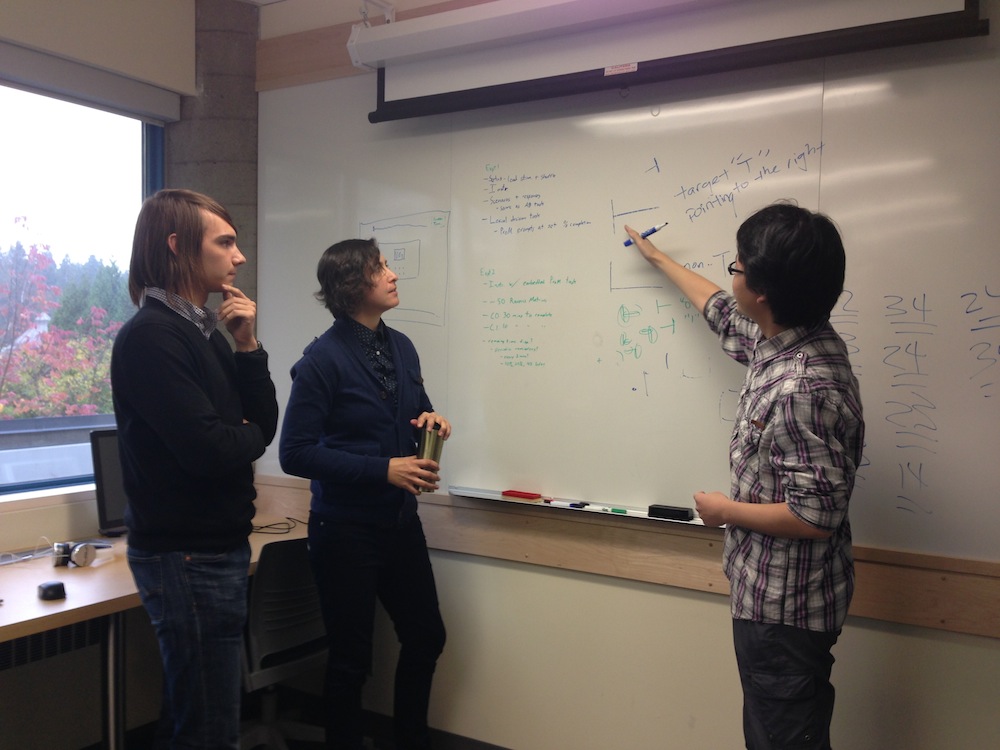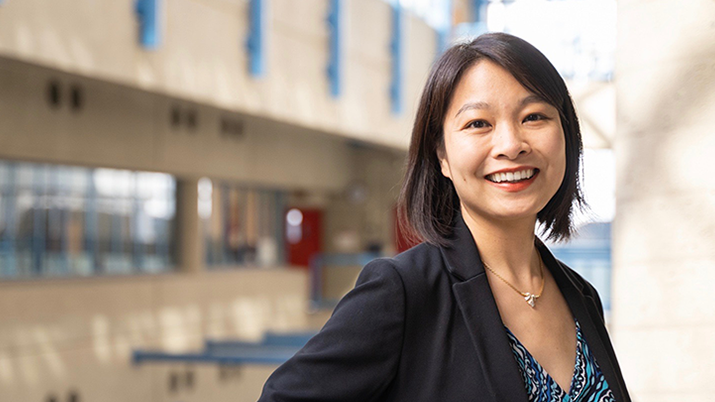From this summer’s unprecedented Vancouver drought and corresponding water regulations to the emotionally-charged environmental arguments constantly being spit from the mouths of politicians, sustainability is a deservedly hot topic these days. Rarely talked about, however, is a psychological angle to our mounting environmental woes and confusions – the study of all this thinking that we do about how we interact with our planet.
That’s where Dr. Jiaying Zhao’s Behavioural Sustainability Lab comes in. The lab team strives, in Zhao’s words, “to use psychological insights to design behavioural solutions to solve sustainability challenges.” Seamlessly bridging the Faculty of Arts and the Faculty of Science, it is also the first lab at UBC to connect the Psychology department and the Institute for Resources, Environment, & Sustainability (IRES).
A UBC faculty member since 2013, Zhao is an innovator and a fierce researcher on a number of environmental issues. Current and upcoming lines of inquiry for her lab include the reduction of energy and water consumption, factors that encourage recycling and composting behaviour, the influence of resource scarcity on attention and decision making, cognitive consequences of climate change, and the environmental features that predict subjective wellbeing. Her lab’s “Project Happiness” strives to find out where on UBC campus people are happiest by having them log on and report their emotional wellbeing and location in real time.
This fall, a newly-renovated and much altered Behavioural Sustainability Lab opened. A wall has been removed between rooms, which Zhao says will improve the continuity between offices, common areas, and testing spaces. She says that the wall removal “symbolizes the breaking down of disciplinary boundaries between psychological and sustainability sciences.”
“Now in the open connected lab space, my students in both departments – Psychology and IRES – can freely communicate and work with each other, spurring new inter-disciplinary work.”
The lab has also acquired several eye-trackers, one of which is a pair of mobile eye-tracking glasses. These glasses don’t require the wearer to sit still in the lab as most conventional eye-trackers do; instead, they track people’s eye gaze as they move through the environment.
“With this new technology, we can effectively examine how people allocate their attention in the environment, which aspect of the environment is perceived, and how attention guides behaviour,” says Zhao. “This tool can provide useful insights into human behaviour under naturalistic settings.”
In keeping with the metaphor of tearing down walls, Zhao hopes to “extend research beyond the walls of Kenny and conduct rigorous studies on UBC campus and in the city of Vancouver as a living lab… not only to generate interesting findings but also to use them to inform public policy and practices of sustainability.” She has also been in active conversation with the private sector and with government organizations such as Metro Vancouver and the City of Vancouver about her lab’s recent findings on waste reduction and energy and water consumption.
Zhao says she wishes that, as an undergraduate, she’d been more aware of environmental challenges like climate change and pollution, and the ways in which psychology can contribute to solving these challenges. She hopes that students who are passionate about sustainability will join the lab, and says that she’ll be looking to hire many research assistants, graduate students, and post-doctoral fellows in the coming years.
-Katie Coopersmith
Related:
Behavioural Sustainability Lab
UBC Psychology prof Jiaying Zhao is exploring how your environment affects your happiness
Dr. Jiaying Zhao named Tier II Canada Research Chair
Psychology, Food and Friendship: Faculty Q & A





